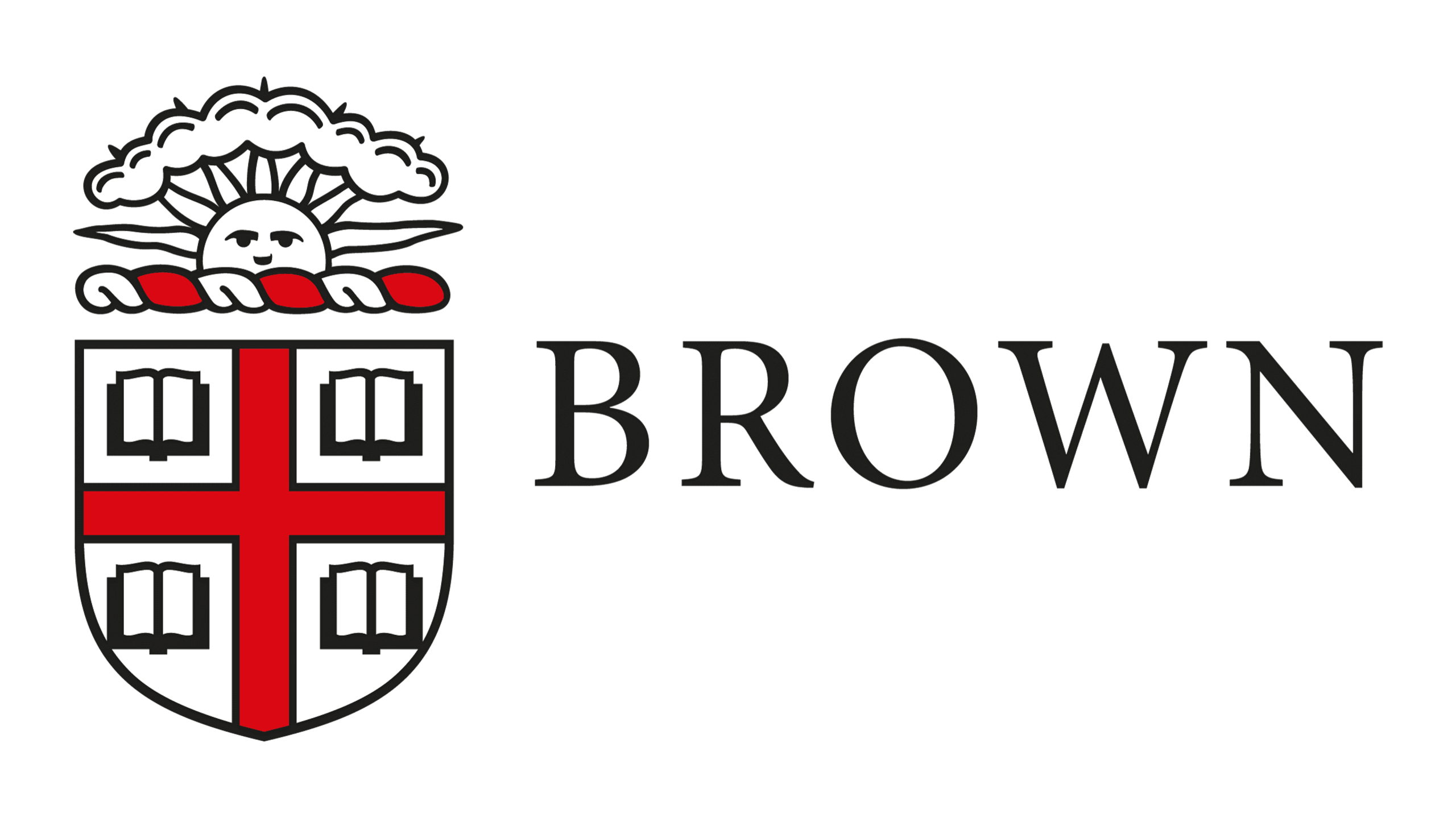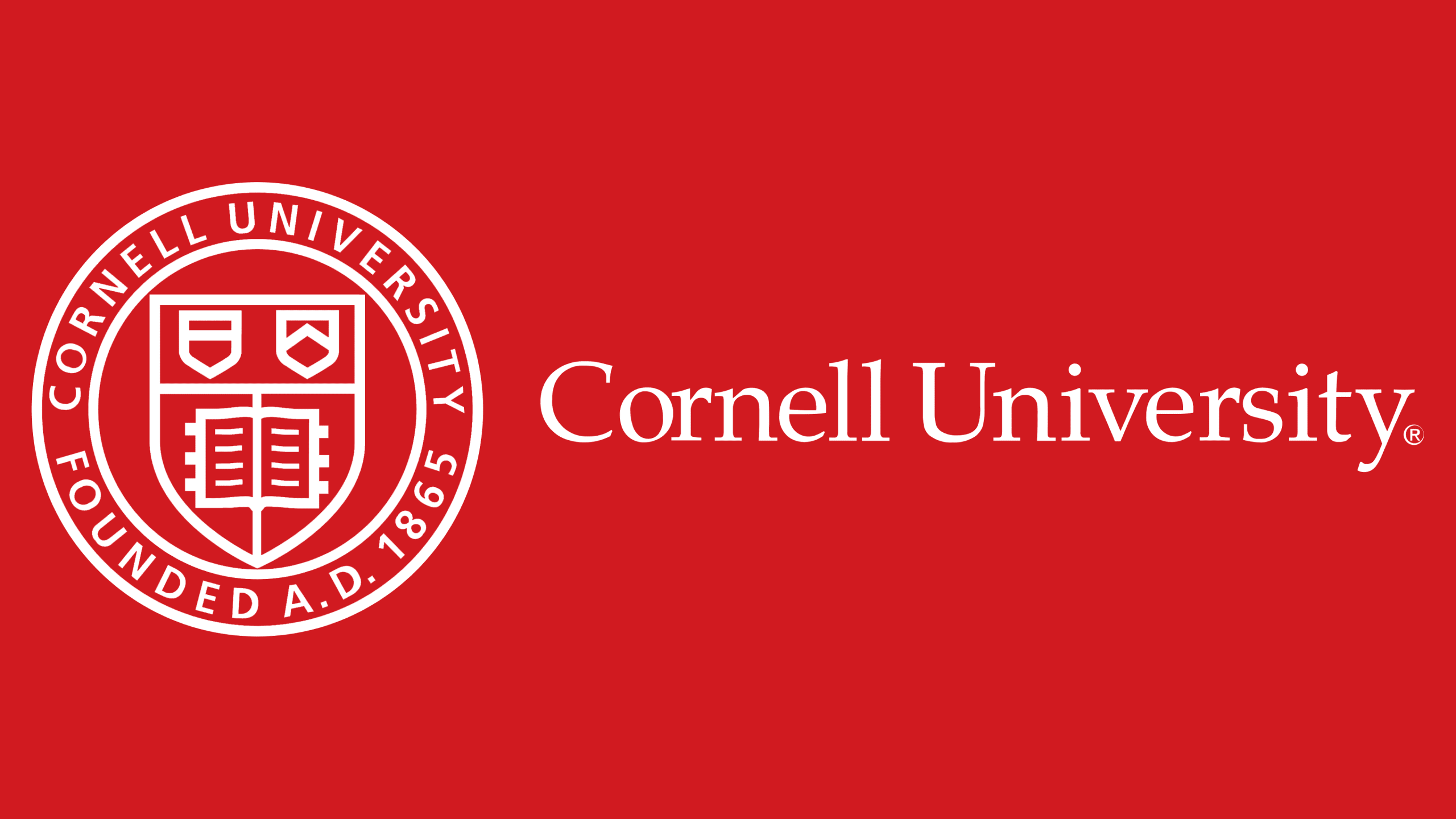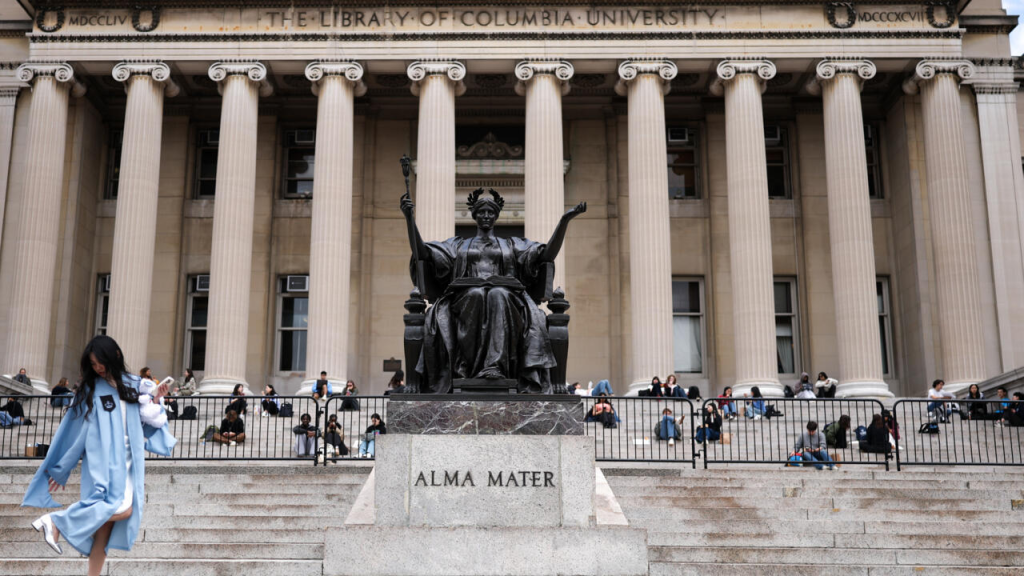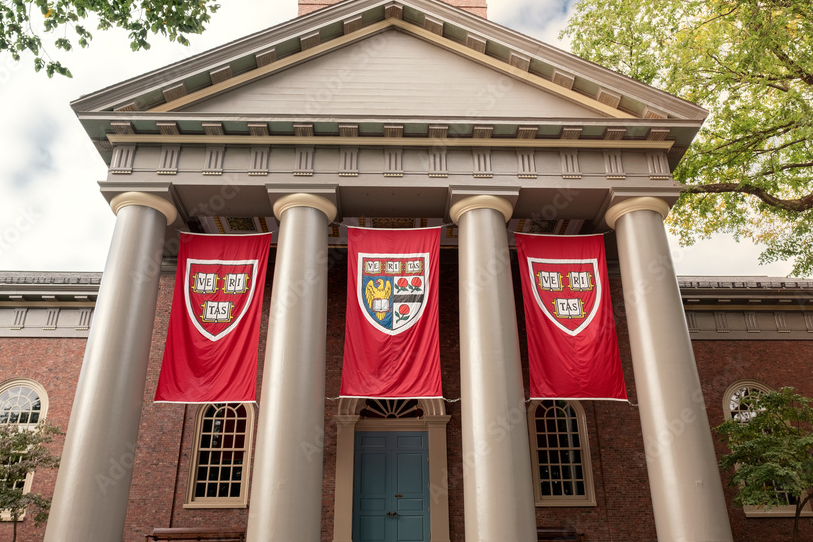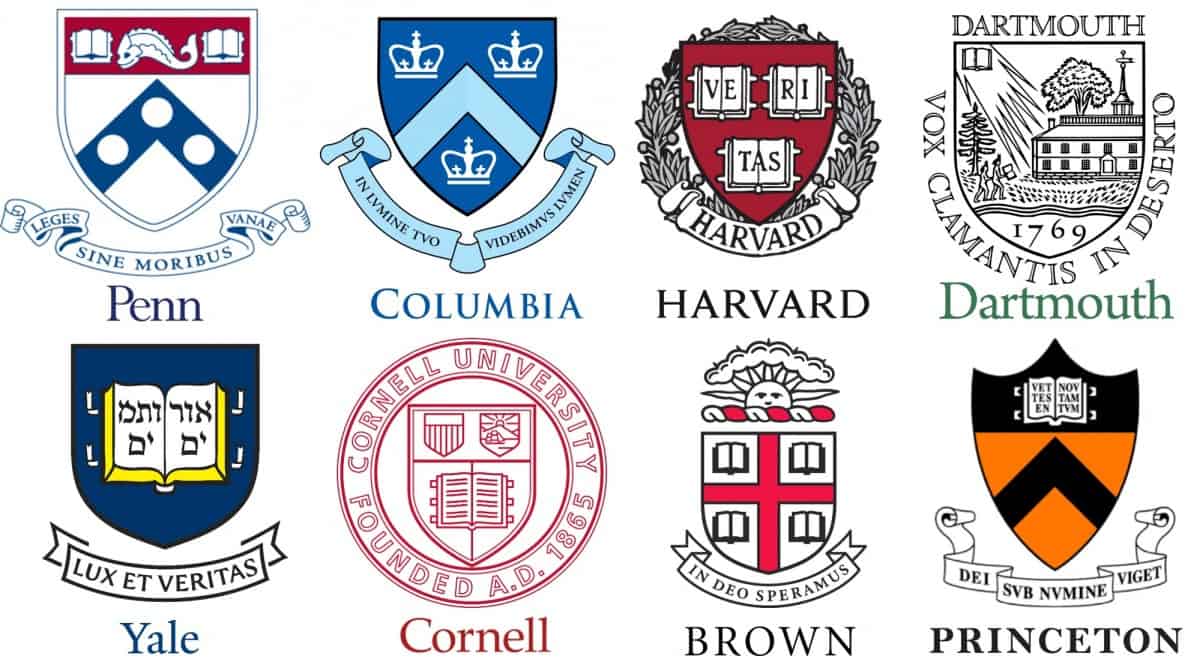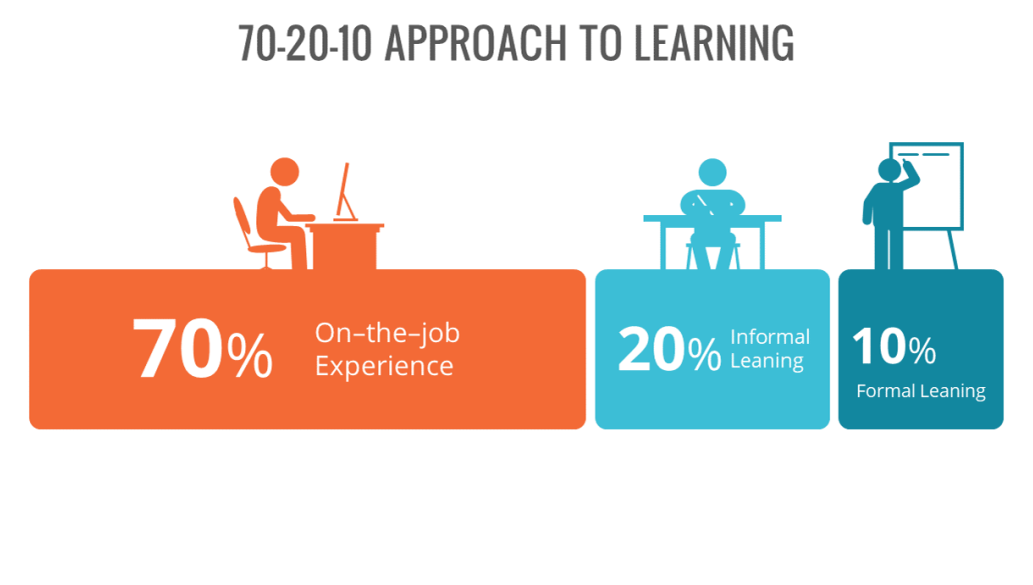
Brown University is an Ivy League research university located in Providence, Rhode Island, celebrated for its open curriculum, intellectual freedom, and commitment to undergraduate teaching. Brown fosters a culture of curiosity, inclusion, and innovation, where students design their own academic path across disciplines.
Why Choose Brown University?
Here’s why thousands of ambitious students worldwide choose Brown:
| Feature | Details |
|---|---|
| Global Ranking | #73 worldwide (QS 2025), Top 20 in the U.S. |
| Student Population | Approx. 10,700 (undergraduate + graduate) |
| Location | Providence, Rhode Island, USA |
| International Students | Over 20% of total student body |
| Graduate Employability | Excellent; especially strong in liberal arts, computer science, and public policy |
| Notable Alumni | John Krasinski, Emma Watson, Janet Yellen, John F. Kennedy Jr. |
Entry Requirements for International Students at Brown University
Brown’s admissions are highly selective, emphasizing both academic excellence and originality of thought.
Undergraduate Programs at Brown
| Requirement | Details |
|---|---|
| Academic Qualification | High school diploma with outstanding performance |
| English Proficiency | TOEFL iBT 100+, IELTS 7.0+ |
| Standardized Tests | SAT or ACT (currently test-optional; check for latest updates) |
| Essays | Common App essay + Brown-specific questions |
| Letters of Recommendation | 2 from teachers + 1 counselor |
| Extracurriculars | Creativity, leadership, intellectual curiosity valued |
Graduate Programs at Brown
| Requirement | Details |
|---|---|
| Academic Qualification | Bachelor’s degree with strong academic record |
| English Proficiency | TOEFL iBT 100+, IELTS 7.0+ |
| GRE/GMAT | Required for some programs; check department-specific guidelines |
| Statement of Purpose | Required |
| Letters of Recommendation | Usually 3 |
| Work Experience | Required for some programs (e.g. MPA, MBA) |
Application Process to Brown University
| Step | Details |
|---|---|
| Choose Program | Over 80 undergraduate concentrations and 60+ graduate programs |
| Prepare Documents | Transcripts, test scores, essays, recommendations |
| Apply Online | Common App (UG) / Grad School Portal (PG) |
| Application Fee | USD $75 (UG); varies for graduate programs |
| Interviews | Optional / By invitation only |
| Decision Dates | Early Decision: November 1; Regular Decision: January 3 |
| Visa Process | Apply for F-1 visa after acceptance |
Required Documents Checklist
| Document | Undergraduate | Graduate |
|---|---|---|
| Academic Transcripts | Yes | Yes |
| Standardized Test Scores | Yes (if required) | Yes (if required) |
| English Test Scores | Yes | Yes |
| Essays/SOP | Yes | Yes |
| Letters of Recommendation | 3 | 3 |
| Resume/CV | Optional | Usually required |
| Passport Copy | Yes | Yes |
Key Deadlines for 2025 Entry
| Intake | Application Opens | Deadline |
|---|---|---|
| Early Decision (UG) | August 1, 2024 | November 1, 2024 |
| Regular Decision (UG) | August 1, 2024 | January 3, 2025 |
| Graduate Programs | Varies by department | Dec 1, 2024 – Feb 1, 2025 |
Popular Courses at Brown University
| Program | Duration | Annual Tuition Fee (USD) |
|---|---|---|
| Bachelor of Arts / Science | 4 years | $68,000+ |
| Computer Science (UG & PG) | 1–4 years | $68,000+ |
| Political Science / Public Policy | 4 years | $68,000+ |
| MBA (joint with IE Business School) | 1 year | $90,000+ |
| PhD Programs | Varies | Tuition waived; stipend given |
Scholarships & Financial Aid for International Students
| Scholarship Name | Amount | Eligibility |
|---|---|---|
| Brown International Scholarships | Varies | Based on need and merit |
| Need-Based Aid (UG only) | Full or partial | Based on demonstrated financial need |
| Graduate Fellowships | Tuition + stipend | Department-specific, merit-based |
Student Life & Support at Brown University
| Feature | Details |
|---|---|
| Housing | Guaranteed for first-year UG; varied options for others |
| Work While Studying | On-campus jobs; CPT/OPT for eligible students |
| Career Services | Strong internships & career guidance |
| Student Organizations | 500+ clubs in arts, activism, culture, and more |
| Health Services | Comprehensive medical & wellness support |
| International Student Support | Orientation, immigration advising, and cultural programs |
Ready to Join Brown?
If you’re ready to go beyond convention and carve your path with purpose, Brown might just be your perfect fit.
Apply with confidence and let Admitix help you make it happen.
FAQs – Brown University
Is Brown hard to get into?
Yes. Brown’s acceptance rate is typically below 8%, so competitive academics and a standout application are crucial.
Do I need SAT/ACT?
Brown is test-optional, but submitting strong scores can support your application.
Does Brown offer aid to international students?
Yes, Brown meets 100% of demonstrated need for admitted international undergraduates.
Can I work while studying?
Yes, with options for on-campus work and off-campus CPT/OPT.
What is Brown’s open curriculum?
It allows undergraduates to shape their own course of study with no core requirements — ideal for independent thinkers.
